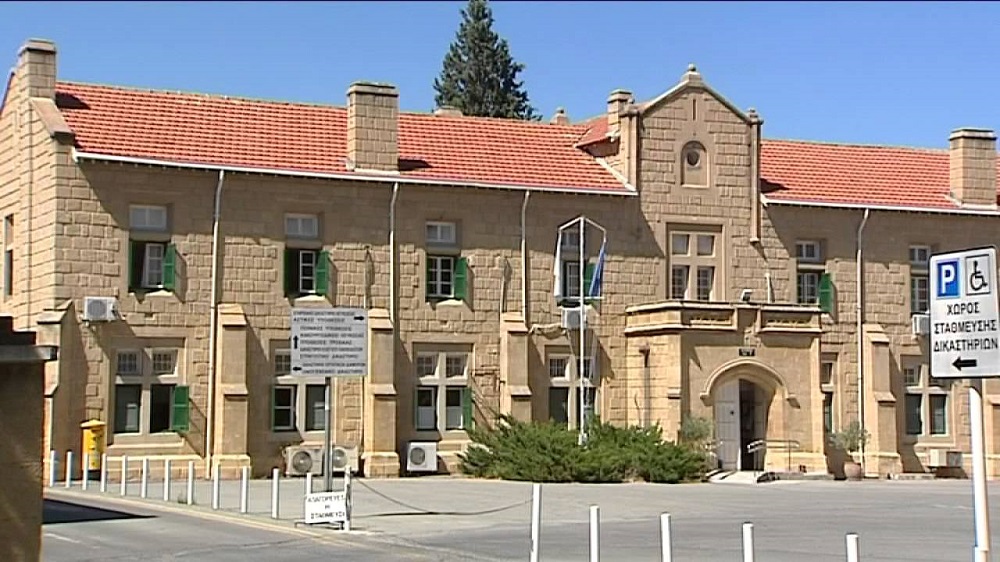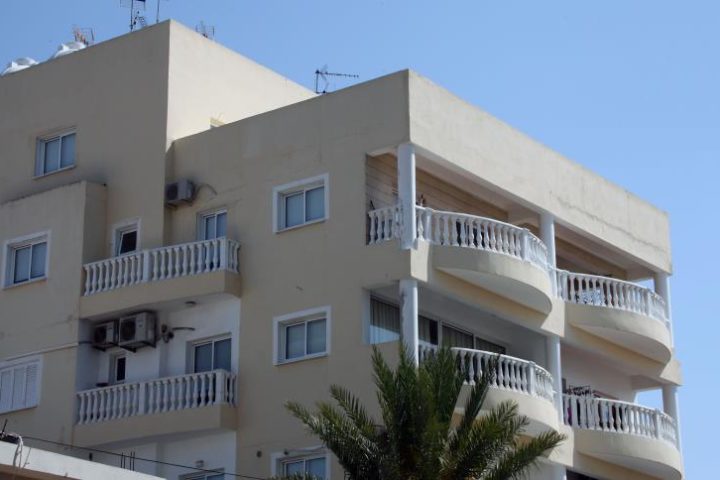The government is pushing forward with plans to introduce an expedited foreclosure court to fast-track financial disputes between borrowers and banks, affording some protection for 20,000 mortgaged primary residences.
On Monday, a Finance Ministry official told MPs the government bill gives district courts special jurisdiction to fast-track cases for such financial disputes.
Finance Ministry official Avi Lapithioti said the goal was to prevent primary residences of a value of up to €350,000 from being repossessed.
Lapithioti argued this should cover approximately 20,000 distressed borrowers at risk of losing their homes.
She explained the bill wouldn’t cover cases already adjudicated in the courts or cases for which a hearing process is underway.
The cabinet was set to approve the bill last week but postponed its decision as Finance Minister Makis Keravnos was abroad for meetings.
The bill will get the nod later this week, after which it will be immediately tabled to parliament.
George Panteli, the Finance Ministry’s permanent secretary, told the House that total non-performing loans (NPLs) amount to €25 bln, unchanged over the past decade.
Panteli defended the adoption of the foreclosure law, allowing banking institutions to repossess homes of defaulted borrowers, noting that the number coming forward for a loan restructure before receiving a warning is limited.
“As the legal framework governing foreclosures stands, it achieves part of its purpose.
“Upon receipt of the first foreclosure notice, 18% of borrowers respond, while 30% respond after receipt of the second notice,” said Panteli.
He said that banks and credit acquiring companies (CACs) have not moved to foreclose on primary residences under €400,000.
An Association of Cyprus Banks representative said the majority of bad loans had not been serviced for more than seven years.
Anthi Exadaktilou, representing the Credit Acquiring Companies, said they prefer to restructure loans rather than move to repossess properties.
Meanwhile, the majority of MPs are at odds with the government over the right of borrowers defaulting on their mortgage to challenge bank decisions to foreclose their primary residence with a maximum value of €350,000.
Opposition parties are backing legislation allowing borrowers to seek a court order to freeze foreclosure procedures.
This proposal is backed by MPs from AKEL, DIKO, DIPA, EDEK, ELAM, and the Greens, garnering 33 votes – in the 56-seat House.
The government’s bill on expedited courts does not foresee the right for borrowers to request the freezing of a foreclosure process.
However, the government and the banks have warned that allowing loan defaulters to suspend a foreclosure process posed a huge risk to the banking sector, the economy, and the country’s creditworthiness.
The ECB and rating agencies raised the alarm over such a development, arguing that it could render the foreclosure process meaningless, encouraging strategic defaulters.










